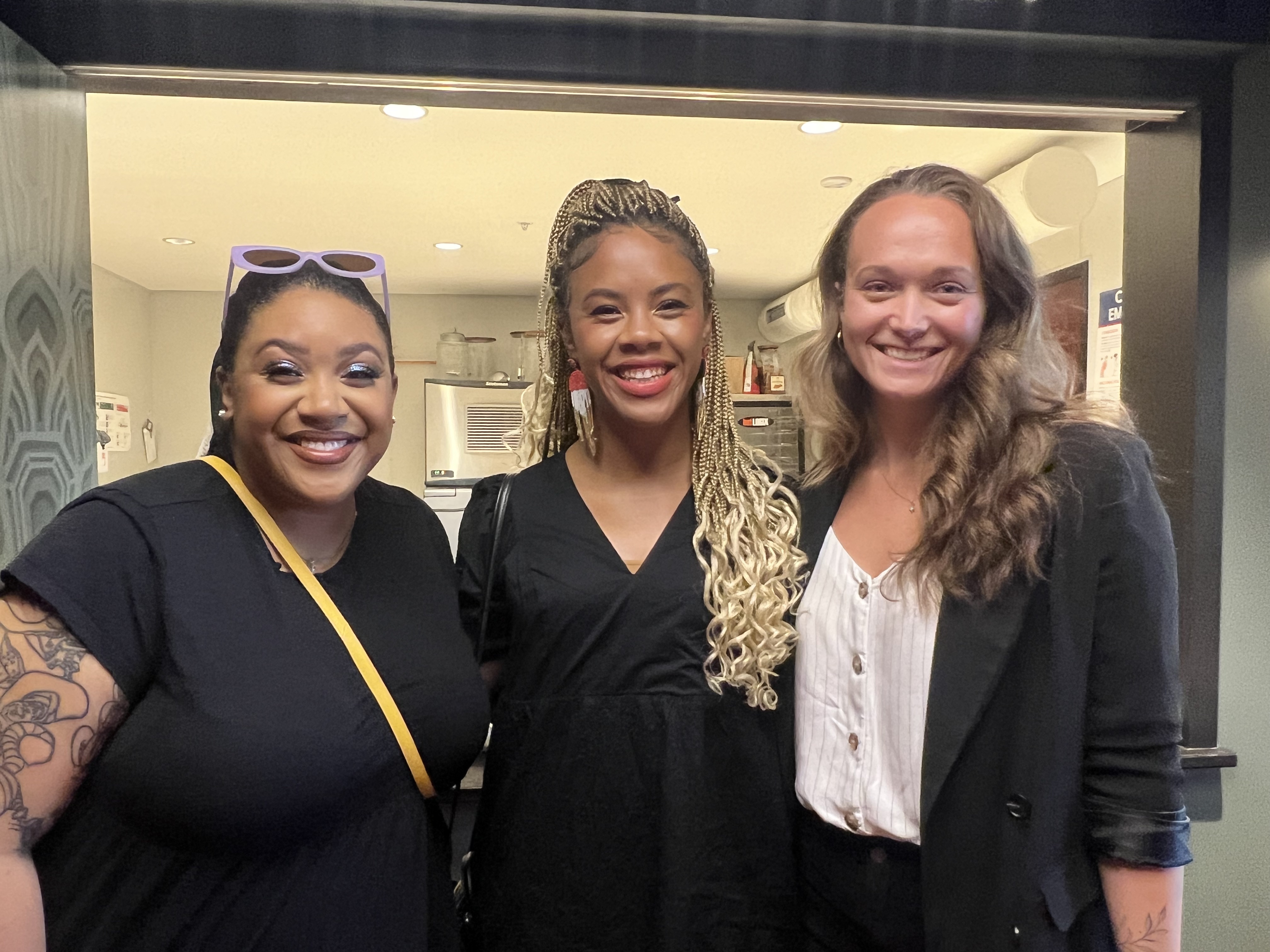This website uses cookies
We use cookies to ensure that we give you the best experience on our website. If you continue to use this site we will assume that you are happy with it.

In early 2021, filmmaker and Ithaca resident Lizzy Barrett approached Celia Bigoness of Cornell Law School’s Blassberg-Rice Center for Entrepreneurship Law about a documentary she was making through her startup, Equity Media. Two and half years later, with help from both the Blassberg-Rice Center and the First Amendment Clinic, the film “Divisible” has had a limited test release, and a forthcoming final version is poised to bring the story of redlining to more screens.
Redlining, the policy of designating some areas of cities for financial support while excluding others, overwhelmingly populated by people of color, for disinvestment and decline, was ostensibly ended with the Fair Housing Act of 1968. Yet both the practice and its repercussions have persisted. Through interviews with experts and people personally affected, “Divisible” explores the history of redlining and its ongoing impacts.
“Divisible is a film that helps us to understand that so much of achieving social justice and equality and full participation for all is rooted in contemplating the past where there were no such commitments and where structures and institutions and processes were created and persist that work against those objectives,” says Rev. Dr. Nikitah Okembe-RA Imani, an interviewee in the film and a member of its governing board.
“It challenges us to deconstruct these and to build anew with our sights set upon the higher potential of humanity rather than those tendencies, driven by neglect and prejudice and fear, which lead us to our worse collective selves. My hope is that film can and will transform a divided Omaha but also so many other places domestically and globally that want to emerge from the past into a brighter collective future for their citizens.”
Finalizing, promoting, and bringing the film to screens has involved a host of legal tasks. The Entrepreneurship Clinic has advised Barrett on copyright issues, trademarks, and branding; set up fiscal sponsorships; and drafted contracts. After initial work on the project, Bigoness also brought in the First Amendment Clinic for a comprehensive pre-production review of the film footage to identify and work through any potential copyright issues.
While these tasks assisted the documentary on its way to fruition, they also helped clinic students build core skills like contract drafting, legal research, and problem-solving. “Lizzy has been operating on a shoestring budget, making a documentary that focuses on institutional racism in America, so she has had plenty of obstacles on her path,” says Bigoness. “The law students have gained experience in helping their client identify and navigate around those obstacles.”
Zach Zaremba ’22, who contributed to the project during his two years in the clinic, says, “Working with Lizzy was great because of her professionalism – she was always well prepared for our meetings, which helped give us the opportunity to provide more detailed advice. I also enjoyed working with her because we were able to learn about an important subject, particularly one that I didn’t have much prior knowledge of.”
The project represents the first time that the Entrepreneurship and First Amendment Clinics have jointly represented a startup media client. Since then, they’ve collaborated to help several others. “These joint engagements are an opportunity to pool our collective areas of expertise to assist journalists at a time when their industry is rapidly changing. They also allow the students in each clinic to broaden their skill set and gain exposure to different areas of the law,” says Bigoness.
“We’ve benefited immensely from our ongoing collaboration with the Entrepreneurship Clinic, where students from both our clinics have the opportunity to advise on different aspects of our clients’ legal needs,” adds Heather Murray, managing attorney of the First Amendment Clinic’s Local Journalism Project. “Our summer fellows in particular found it extremely valuable to work directly with Lizzy and ‘Divisible’’s archival producer in recent months to support telling this important story.”
According to Barrett, working with the clinics has been “monumental – both for my mental health as a first-time business owner and filmmaker, as well as the effectiveness of the project as a whole.”
She adds, “From drafting and reviewing contracts to navigating tenuous situations, knowing that I get to work with the brilliant and proactive people at these clinics truly helps me sleep better at night.”